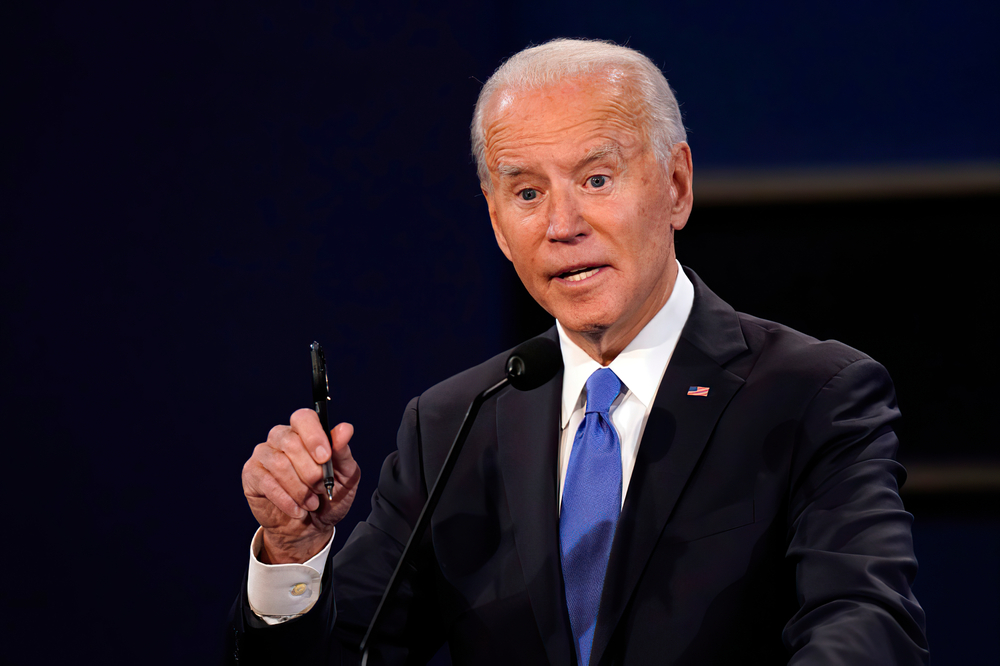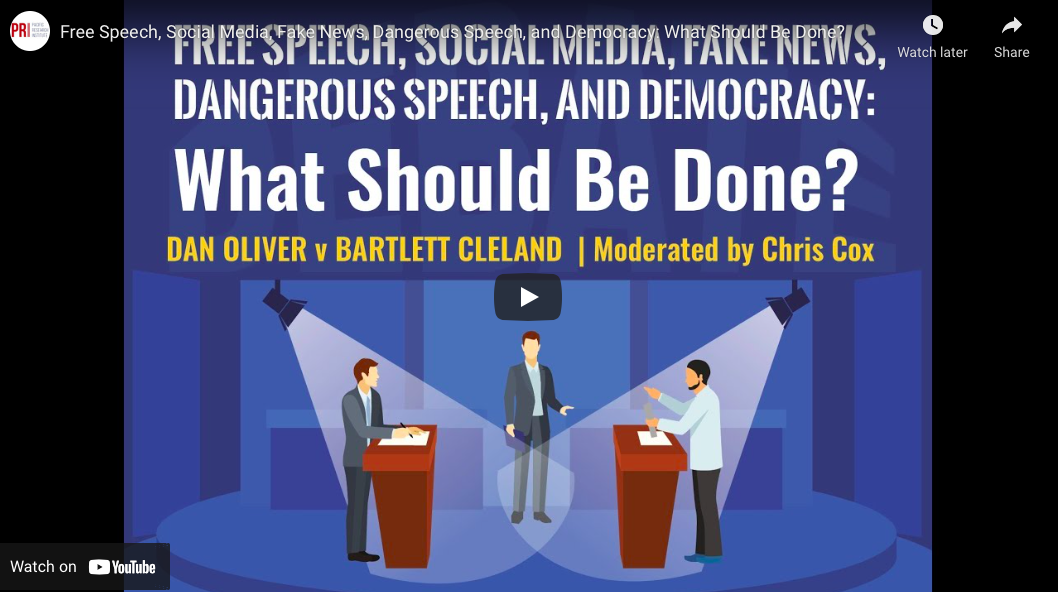China has garnered much attention given its position as a major economic competitor to the United States, and specifically as a competitor in telecommunications, technology and innovation. The national security implications for the use of Chinese technology have also caught the attention of policy-makers, for over a decade.
In 2012 the House of Representatives Intelligence Committee released the “Investigative Report on the U.S. National Security Issues Posed by Chinese Telecommunications Companies Huawei and ZTE.” The public portion of the report found that “the risks associated with Huawei’s and ZTE’s provision of equipment to U.S. critical infrastructure could undermine core U.S. national-security interests.”
Eventually, in 2021, the Federal Communications Commission (FCC) finalized a program to pay telecom providers to tear out and replace equipment from Chinese telecom companies considered a national security risk by the U.S. government. Additionally, the Biden administration has on a couple occasions added specific Chinese technology companies to its “Entity List,” restricting U.S. firms from dealing with the companies listed.
But, China’s digital aspirations are far from ended.
As part of its intention to create a China-centered digital future, the country continues its “Digital Silk Road” initiative to emplace next generation digital connectivity abroad and by doing so to extend its technological influence, pushing itself closer to becoming a technological superpower. The ambition is even greater though, wrapping global financial markets into this plan.
In the midst of this global development Congress seems willing to allow the U.S.’s current innovation edge and global connected world leadership falter. Congress allowed the FCC’s auction authority to lapse, authority it has had since 1993. A critical piece for the continued U.S. edge is 5G, the next generation of global advanced wireless telecommunications, and without more spectrum 5G will stand still. Much is on the line as Congress allows our spectrum pipeline to dwindle.
Contrast the Congressional auction authority approval balk with China, which has greatly padded its lead on the United States by opening huge swaths of its spectrum for licensed mobile use. The obvious Chinese intent is to move ahead not just in 5G, but also in creating an environment for the development of the types of cutting-edge technologies that depend on such high-performance connectivity.
The Congressionally imposed U.S. spectrum shortage will hinder technological innovation and clear the path for China to assert global leadership in the connected future, threatening the economic and national security of the United States. If the United States is not competitive in needed advanced technologies, other countries will have no alternative to the Digital Silk Road. Thereby Beijing will gain the upper hand when it comes to setting standards for 5G networking, the internet, and perhaps even digital governance and ethics.
The economic effect on the country of surrendering its long-held technological leadership can hardly be overstated. The national security risks interrelate with the economic risks. As CSIS writes in its recent report, “This is a potential long-term national security catastrophe.”
Without leadership, and hard work, our economy and the provision of good middle-class careers would be at risk, not to mention our ability to project economic and military power around the world.
Congress has the choice before it when they return from their August recess. They must choose either to stand by and allow The Digital Silk Road to continue its rapid build out without a competitor, or to make it a priority to renew the FCC’s auction authority, giving the U.S. Information Superhighway its best chance of continuing to lead on the world stage. As the Chinese proverb goes, “If you work hard enough at it, you can grind even an iron rod down to a needle.” That is, anything is possible if you are willing to put in the work.

Is Biden’s Broadband Infrastructure Spending Future-Proofing or Foolishness? (Audio: Podcast)
In discussion with IPI President Tom Giovanetti, Research Fellow Bartlett Cleland discusses the current state of broadband infrastructure and explains why enormous new federal spending on broadband is unnecessary and likely harmful. Click Here to Listen to the...

Analyzing the Biden Administration’s Tech and Innovation Policy Agenda
While it took a couple months for clarity to replace idle speculation, the Biden administration’s tech and innovation public policy agenda is increasingly clear. The forecast? Government with little chance of free markets. At his recent address to Congress President...

Closing the Laboratories Just as They Are Most Needed
In 1932, progressive U.S. Supreme Court Justice Louis Brandeis popularized a phrase regarding the importance of the U.S. system of federalism. As he wrote, “…a single courageous State may, if its citizens choose, serve as a laboratory; and try novel social and...

IEI Signs Coalition Letter Opposing BRIDGE Act
Click to Download Full Letter

IEI Signs Coalition Letter Opposing State Regulations on App Stores
Click Here to Read the Full Letter

Litigation, Patents and the Last Mile for Broadband
Not long ago, when the federal government considered spending on infrastructure, that meant roads, bridges, sewer systems, water pipes and electrical grids. Today, justified or not, information technology infrastructure and broadband are part of the conversation. But...

Is Biden’s Broadband Infrastructure Spending Future-Proofing or Foolishness? (Audio: Podcast)
In discussion with IPI President Tom Giovanetti, Research Fellow Bartlett Cleland discusses the current state of broadband infrastructure and explains why enormous new federal spending on broadband is unnecessary and likely harmful. Click Here to Listen to the...

IPI Policy Basics: What Is Intellectual Property and Why Is it Important? (Audio: Podcast)
In honor of World IP Day, IPI President Tom Giovanetti and Research Fellow Bartlett Cleland discuss why intellectual property protection is important, and why IPI hosts annual World IP Day Policy Briefings. Click Here to LISTEN to the Podcast

IEI Signs Coalition Letter Opposing State Regulations on App Stores
Click Here to Read the Letter

WATCH: Free Speech, Social Media, Fake News, Dangerous Speech, and Democracy: What Should Be Done?
Pacific Research Institute is proud to present a virtual debate on free speech and the role of social media in moderating online content. PRI brings together an unmatched team of experts including former Congressman Chris Cox, one of the original authors of Section...


Recent Comments